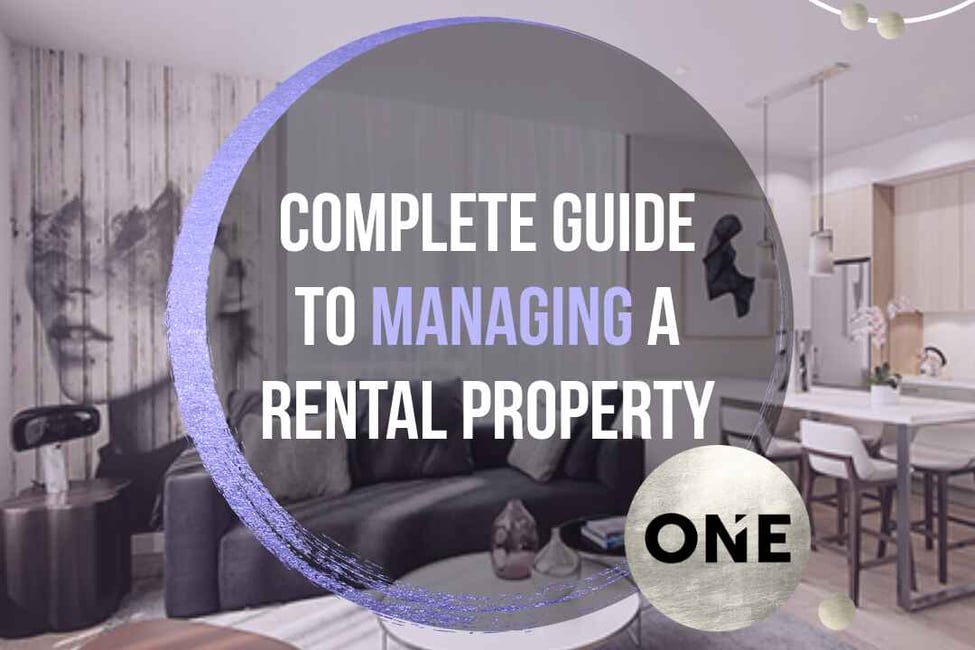Dealing with problematic tenants can be challenging, but a strategic approach involving your real estate agent can help manage and resolve issues effectively. Here’s how to approach such situations:
1. Identify and Document Issues
Observation: Regularly monitor tenant behavior and property condition through inspections and communication. Documentation: Keep detailed records of complaints, incidents, and any communication with the tenant. Document dates, times, and nature of the issues.
2. Consult Your Real Estate Agent
Expert Advice: Discuss the issues with your real estate agent. They can provide expert advice based on their experience with similar situations. Legal Guidance: Your agent can help you understand your rights and responsibilities under local landlord-tenant laws, ensuring you handle the situation legally and fairly.
3. Communicate Clearly and Professionally
Initial Contact: Have your agent facilitate a meeting or write a formal letter to address the issues with the tenant. Clear, professional communication can sometimes resolve misunderstandings and minor disputes. Follow-Up: Ensure that your agent follows up on any agreements or action plans discussed during the initial communication.
4. Offer Solutions and Support
Problem-Solving: Work with your agent to propose reasonable solutions to the tenant's issues. This could include mediation, repair schedules, or behavioral agreements. Support Services: If the tenant is facing financial difficulties, your agent can help connect them with local support services or suggest temporary payment plans.
5. Implement a Warning System
Formal Warnings: Your agent can issue formal written warnings for lease violations. This step should clearly outline the problematic behavior and the consequences if it continues. Record Keeping: Ensure all warnings and responses are documented and stored securely for future reference.
6. Enforce Lease Terms
Consistency: Enforce lease terms consistently to avoid claims of unfair treatment. This includes addressing all violations, no matter how minor they may seem. Agent’s Role: Your agent can act as a neutral party to ensure that lease enforcement is perceived as fair and unbiased.
7. Consider Mediation
Third-Party Mediation: If direct communication doesn’t resolve the issues, consider hiring a professional mediator. Your agent can help facilitate this process. Mediation Sessions: Mediation can help both parties reach a mutually agreeable solution without the need for legal action.
8. Prepare for Legal Action
Legal Advice: If the situation escalates, seek legal advice. Your real estate agent can recommend reliable attorneys who specialize in landlord-tenant law. Eviction Process: If eviction becomes necessary, your agent can guide you through the legal process, ensuring all steps are followed correctly to avoid potential setbacks.
9. Prevention and Proactive Measures
Tenant Screening: Work with your agent to implement thorough tenant screening processes to minimize the risk of problematic tenants in the future. Clear Policies: Establish and communicate clear policies and expectations from the start. A comprehensive lease agreement can prevent many issues.
10. Maintain Professionalism
Stay Calm: Always remain calm and professional, regardless of the situation. Emotional reactions can exacerbate conflicts and lead to further complications. Objective Perspective: Rely on your agent to provide an objective perspective and assist in maintaining a professional relationship with the tenant.
Example Scenario and Solution
Scenario: A tenant consistently pays rent late and has been reported by neighbors for loud noise at night.
Solution:
- Document Issues: Record all instances of late payments and noise complaints with dates and details.
- Consult Agent: Discuss the situation with your real estate agent to develop a plan of action.
- Formal Communication: Have your agent send a formal letter to the tenant addressing the late payments and noise complaints, reminding them of the lease terms and potential consequences.
- Offer Solutions: Propose a meeting with the tenant, facilitated by your agent, to discuss any underlying issues and offer a payment plan or noise reduction measures.
- Issue Warning: If the behavior continues, your agent should issue a formal warning, clearly outlining the consequences of further violations.
- Prepare for Legal Action: If there is no improvement, consult a lawyer and proceed with the eviction process, with your agent guiding you through each step.
By involving your real estate agent and following these strategies, you can manage problematic tenants more effectively, ensuring a resolution that protects your property and interests. Working collaboratively with your agent not only helps in resolving current issues but also sets a precedent for managing future tenant relations more smoothly.

